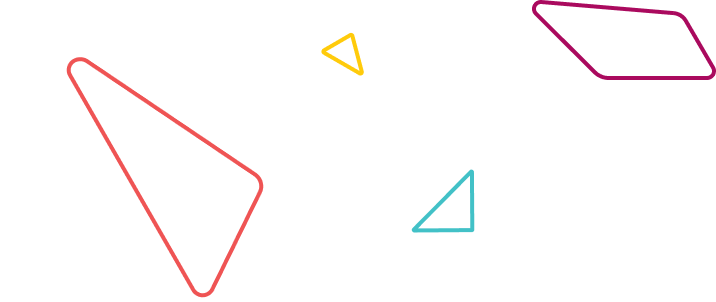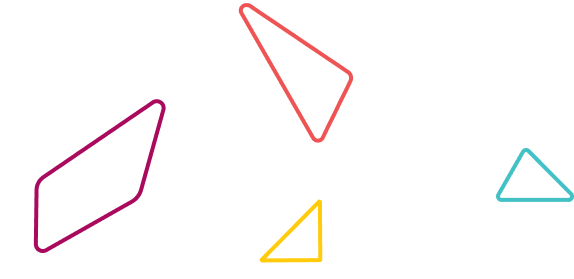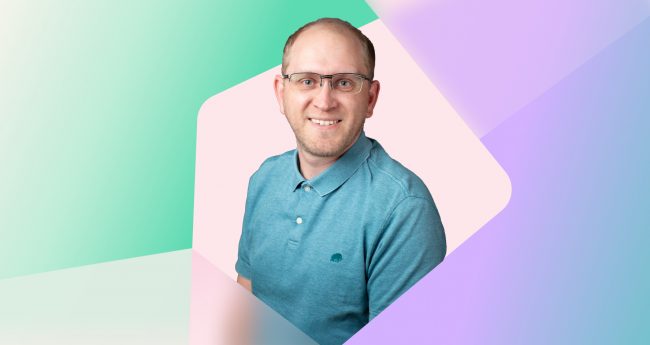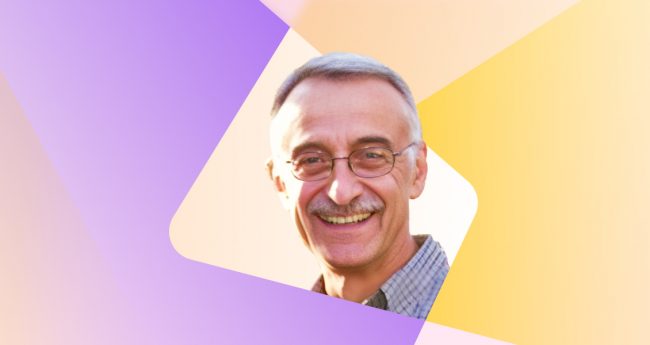The flipped classroom model
Flipping a classroom can be an effective technique to create a more active learning environment during class sessions and improved learning outcomes. A flipped classroom typically involves pre-recorded content and/or reading material consumed by students outside of class so that in class they can work on assignments and problem solving. This allows for students to apply what they learned at home into practice while having access to instructors and TAs as resources. Making that transition can prove tricky without the right tools or methodology to execute it.
Stephanie Dillon, a chemistry professor at Florida State University, was in need of the right tool in order to more successfully flip a General Chemistry course of over 350 students. Luckily, as she was flipping her classroom, a colleague suggested Aktiv Chemistry. “As soon as a friend showed me the Aktiv Chemistry program I said, ‘Oh yeah, this will work!’. I had immediate positive responses from everyone involved.”¹

Adopting Aktiv Chemistry gave Stephanie every capability she had desired for her flipped classroom. She’s been able to adopt the homework features for in-class problem sets, in addition to Aktiv Chemistry’s designated synchronous learning tools for live feedback and discussions. Now, in her classroom Stephanie’s students often work in groups on problem sets and are able to use each other as resources on certain assignments. With a population so large, Stephanie was concerned with how these groups would be organized, but she found that students would just turn to their peers in the seats directly around them in order to complete activities.
The benefits of algorithms, feedback, and multiple attempts
When it came to new challenges that might arise from flipping such a large classroom, Stephanie was concerned about cheating, since she could not have a watchful eye over several hundred students. Aktiv Chemistry provided her a solution for that concern. “One of the cool things about Aktiv Chemistry is that it has algorithm-based questions. I’m not worried that one kid in the front is getting the right answer and then turning and telling everybody it’s ‘B’. They have different numbers and elements, so they have to know how to do it, not just what the answer is.”¹

Aktiv Chemistry allows students to have multiple attempts per problem, should an instructor enable it in an assignment. If multiple attempts are awarded, the platform then provides the students with answer-specific feedback to inform themwhy their answer was wrong before they try again. The feedback provided by Aktiv Chemistry’s content bank and intelligent algorithms satisfies Stephanie’s desire to give feedback to her very large class so they can learn in the moment. “The only way we were able to do this before Aktiv Chemistry was to halt the class five or ten minutes before it ended and go through the key. Sometimes we’d run out of time. They’d want to ask questions and they didn’t have the opportunity to do that the way I would want them to.”¹
In addition to her students receiving trusted feedback through Aktiv Chemistry, the work of creating assignments has also been streamlined for Stephanie. “It takes almost no time to set up the homework. I used to type up homework sets, print them all out, write the keys – it was a lot of work. I sat down for the first time with Aktiv Chemistry to put together the homework sets for my Gen Chem 1 class with 37 lectures and it took me about two hours total to set up all 37 lectures. That included going through the problems, deciding which problems would go into which sets, and then it was just ‘point and click’.”¹
The results
Stephanie has also had impressive results after adopting Aktiv Chemistry, including an improvement in her students’ grades since implementing the platform in her class. A renowned stickler when it comes to grading, Stephanie was pleased to see such a marked boost in student scores. “For the record, I am known as the tough, mean, ‘gotta know everything’ teacher at FSU. I don’t give A’s unless you earn them. And that’s the most A’s I’ve ever given in a class.”
Above all else, Stephanie is noticing that using Aktiv Chemistry as the basis of her flipped classroom is actually creating a sense of community among her students. “The students organizing themselves and grouping up and helping each other works really well. It gives them more support. A lot of these kids are freshmen, they don’t have an established study group or friend set yet, so the people sitting around them, if they communicate and work with them, it makes them feel like they’re part of something. They don’t feel so isolated as a first-year.” That sense of community that Aktiv Chemistry has fostered in Stephanie’s flipped classroom is exactly what she strived for; an environment where the study of chemistry is active, student-driven, and encouraging.
Ready to switch to a flipped classroom model?
Get in touch with one of our Learning Specialists to learn more about how to build a sense of community and keep your students engaged.






